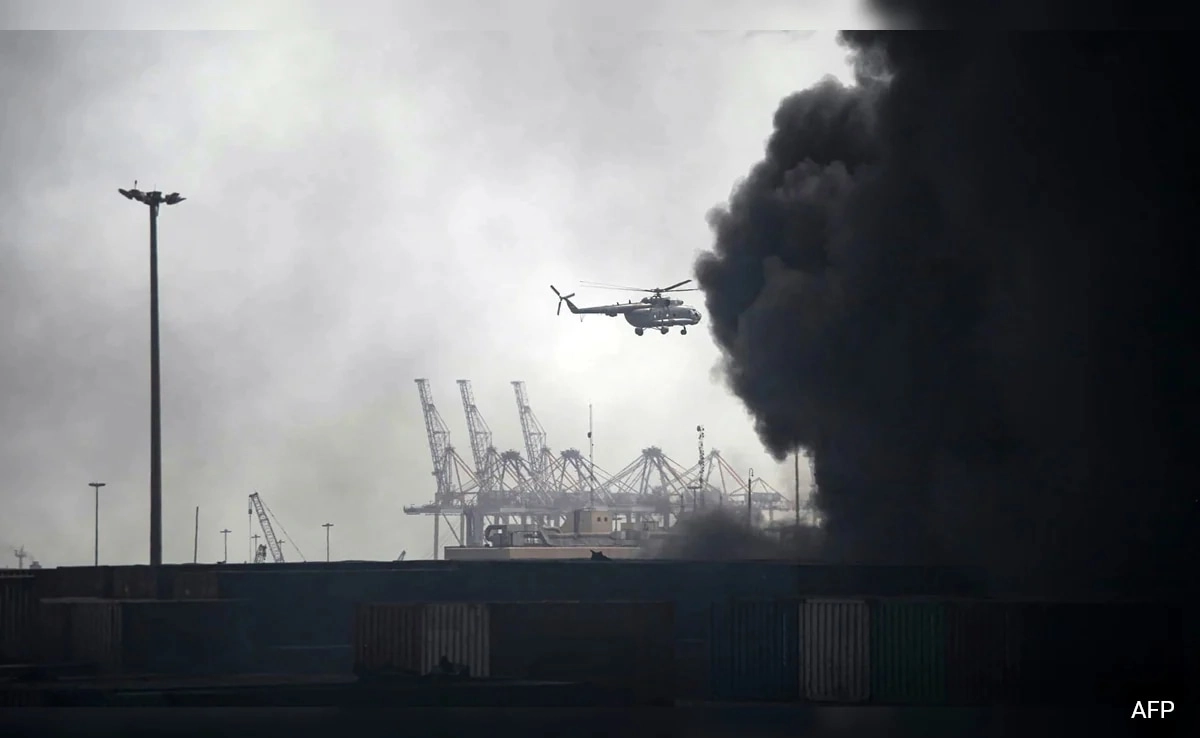In a significant espionage case, Chinese spies, identified as a father-son duo, were apprehended for allegedly attempting to steal sensitive information related to Ukraine’s Neptune missile program. This incident underscores the ongoing tensions surrounding military technology and international security, particularly in the context of the ongoing conflict in Ukraine. The Neptune missile, known for its precision and effectiveness, has become a focal point for various nations seeking to enhance their military capabilities. The apprehension of these spies highlights the lengths to which rival nations are willing to go to gain an advantage in the realm of military technology.
The father-son pair, believed to be part of a larger network of operatives working for Chinese intelligence, is accused of orchestrating a complex scheme to infiltrate Ukrainian defense systems. Their efforts reportedly included cyber intrusions and the recruitment of insiders who could provide critical information about missile development and deployment strategies. Ukraine’s defense sector, which has been under intense scrutiny and pressure due to the ongoing war, is particularly vulnerable to such espionage activities. The revelation of this spy operation not only raises concerns about national security for Ukraine but also indicates the broader implications for geopolitical stability in the region.
As the international community continues to grapple with the consequences of espionage, this incident serves as a reminder of the intricate web of intelligence activities that define modern warfare. The theft of military secrets can significantly alter the balance of power, especially in volatile regions where technological superiority can determine the outcome of conflicts. The capture of these spies is a critical step in countering such threats; however, it also emphasizes the need for enhanced security measures and vigilance against foreign intelligence operations. In addition to immediate legal repercussions, this case may prompt Ukraine and its allies to reassess their security protocols and intelligence-sharing practices to safeguard sensitive information.
The ramifications of this espionage case extend beyond Ukraine, as it reflects the broader strategic competition between China and other nations. As countries invest heavily in advanced military technologies, protecting intellectual property and sensitive information becomes increasingly crucial. The incident raises important questions about the ethics of espionage and the lengths to which nations will go to secure their interests. In a world where technological advancements can quickly shift the dynamics of power, the pursuit of military secrets remains a high-stakes game, with each player trying to outmaneuver the others in an ever-evolving landscape of global security.




